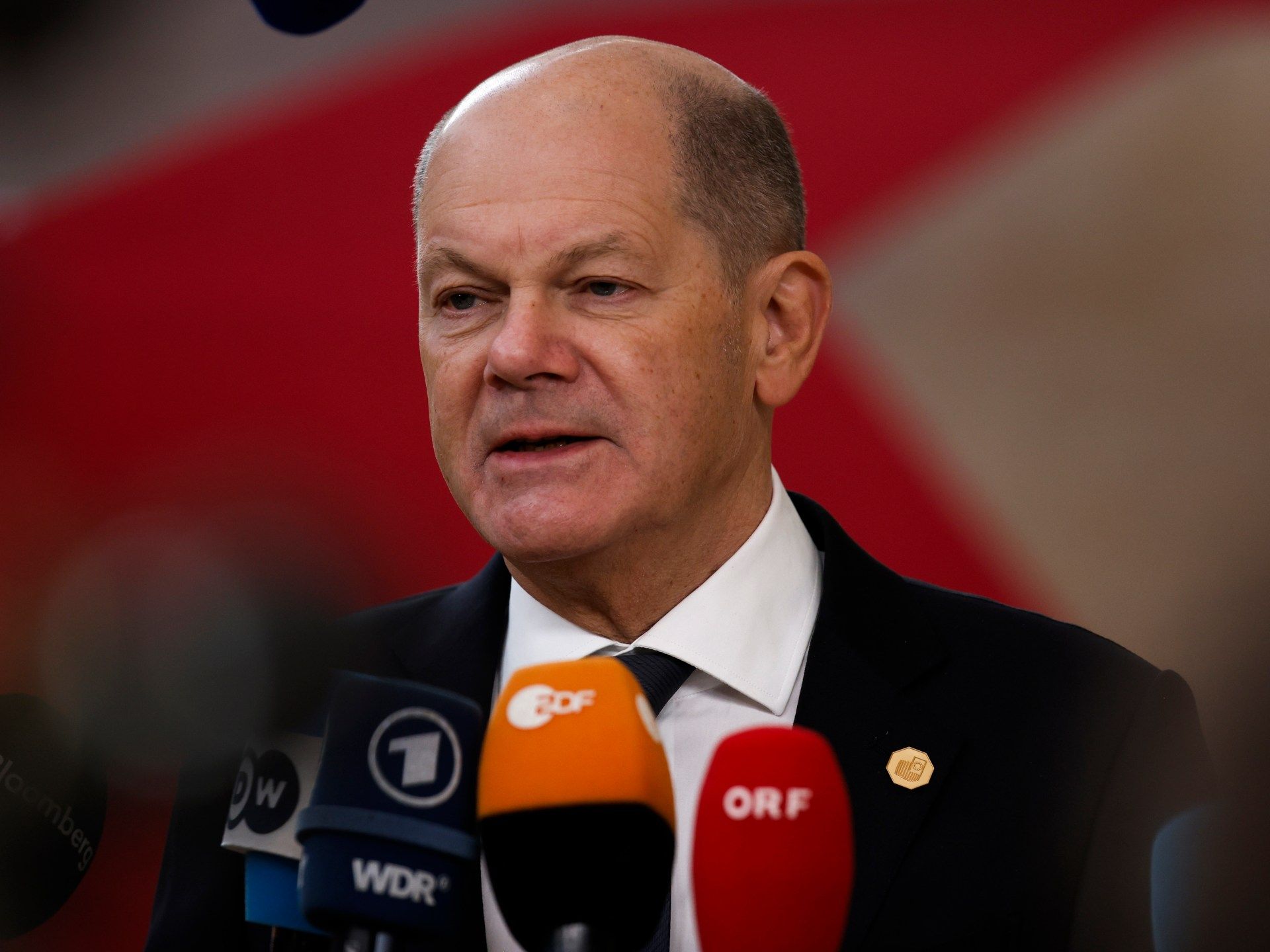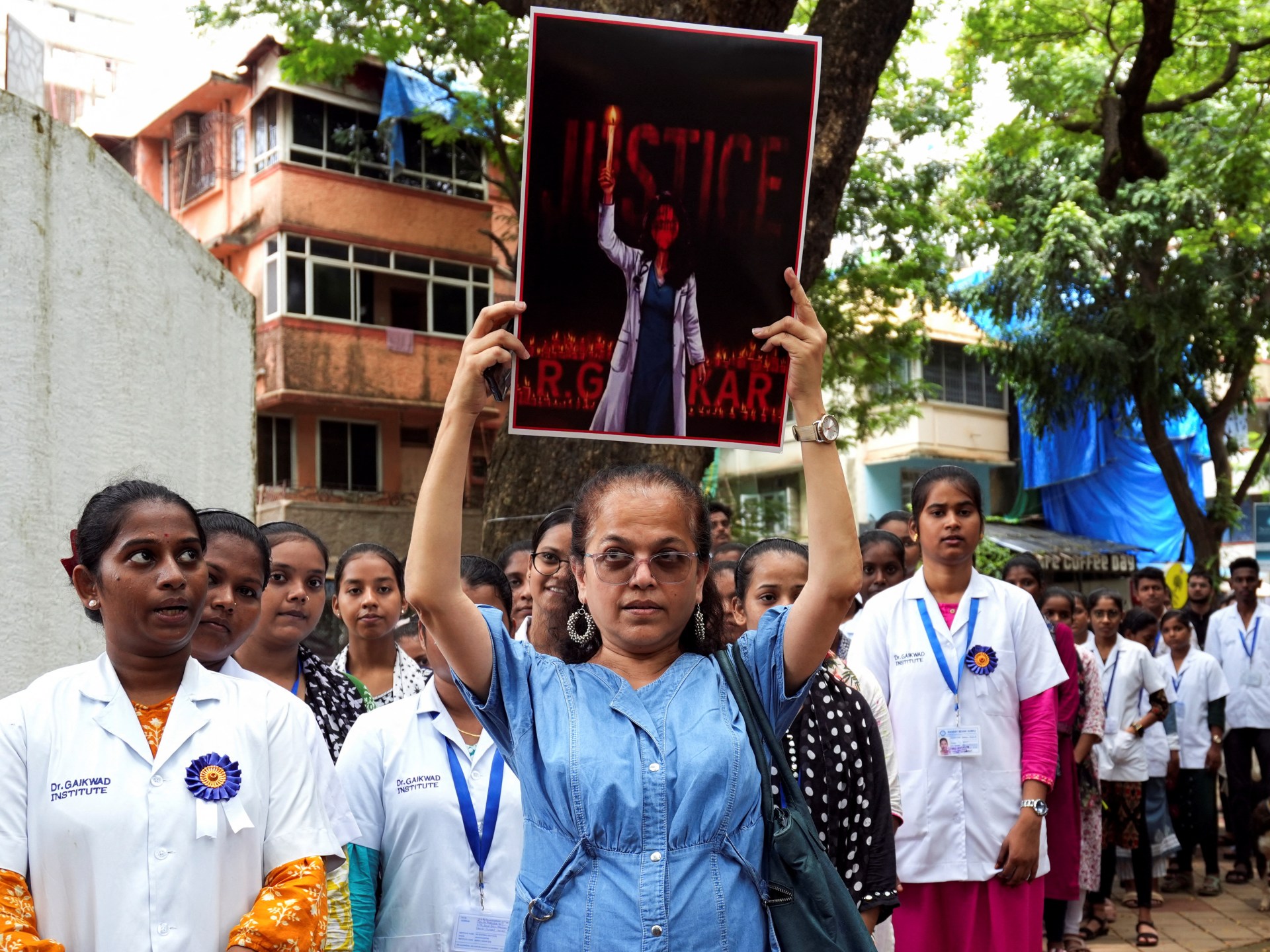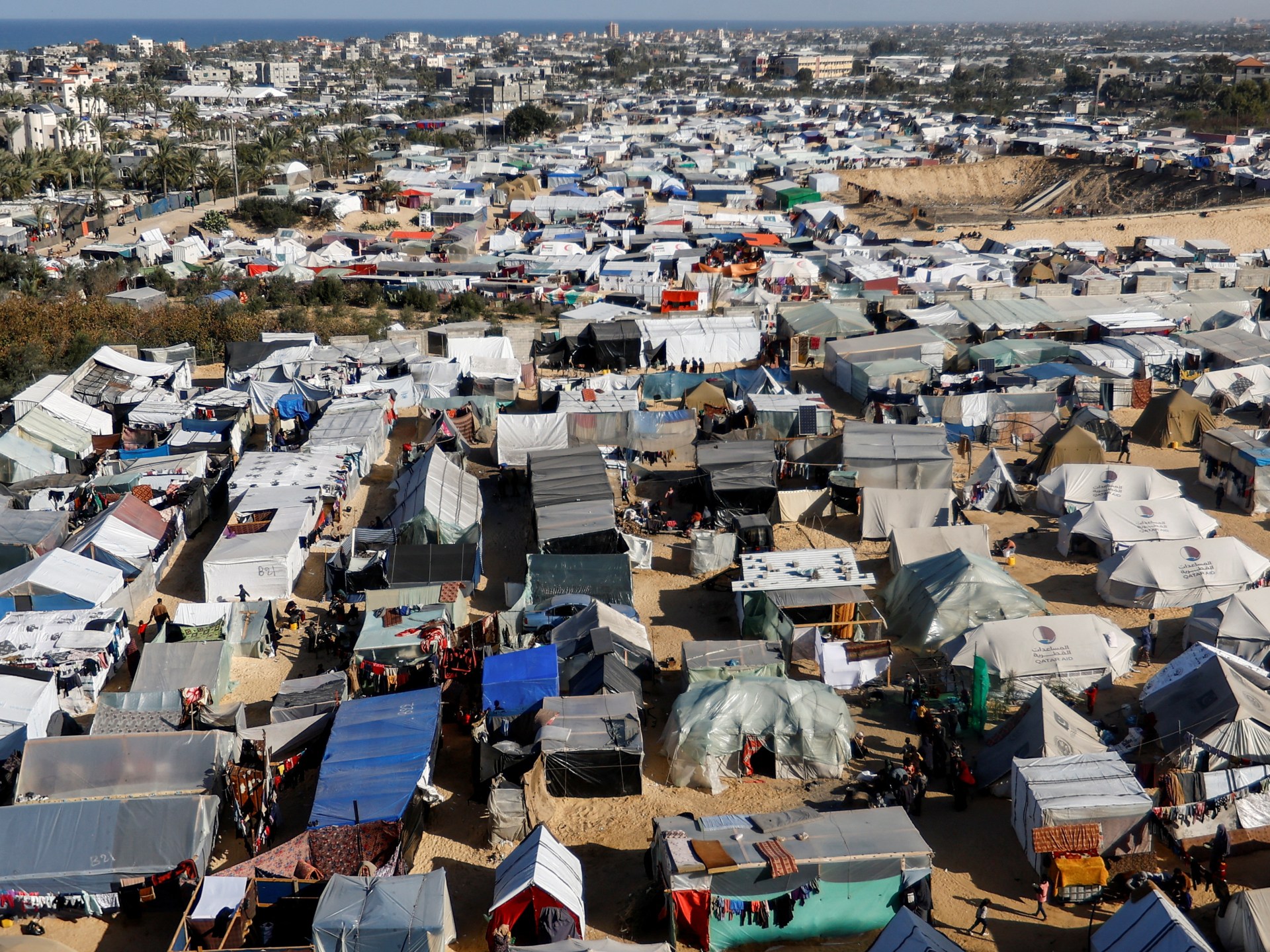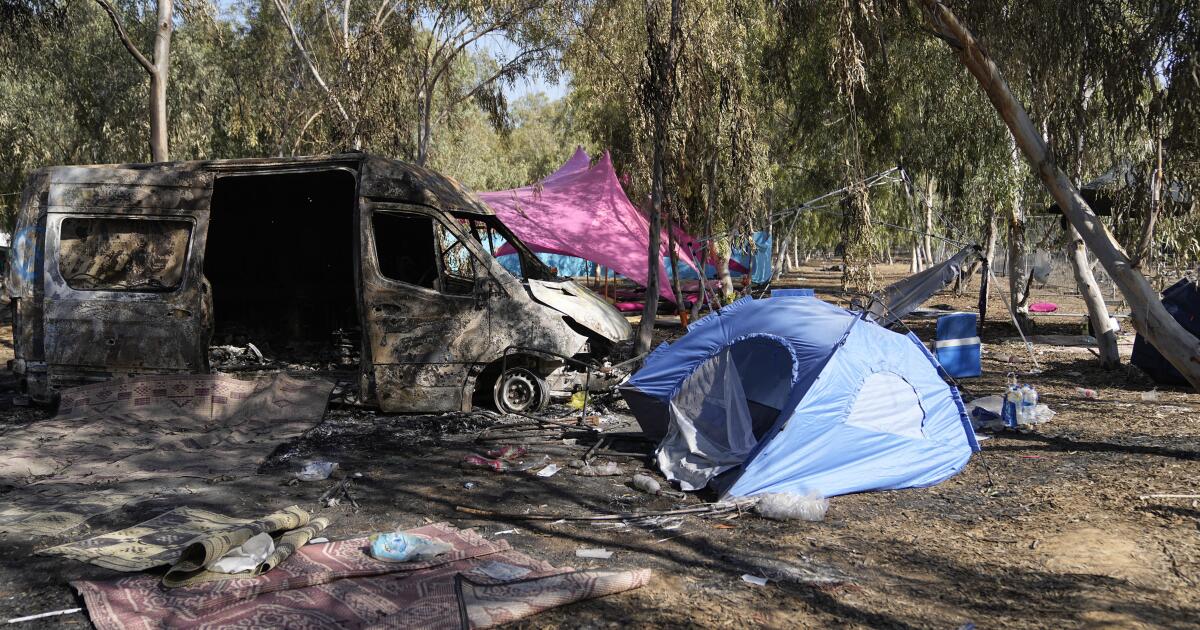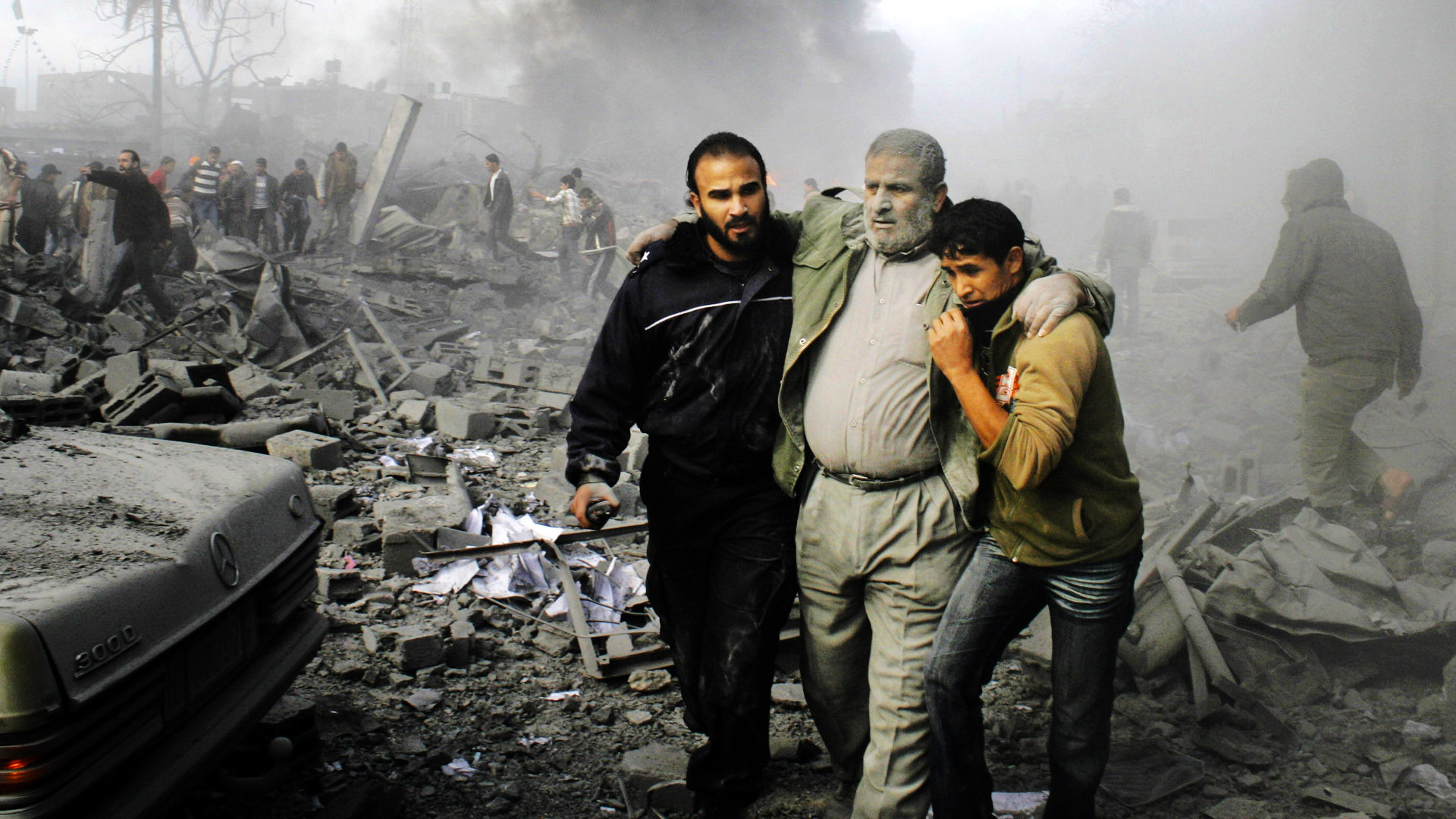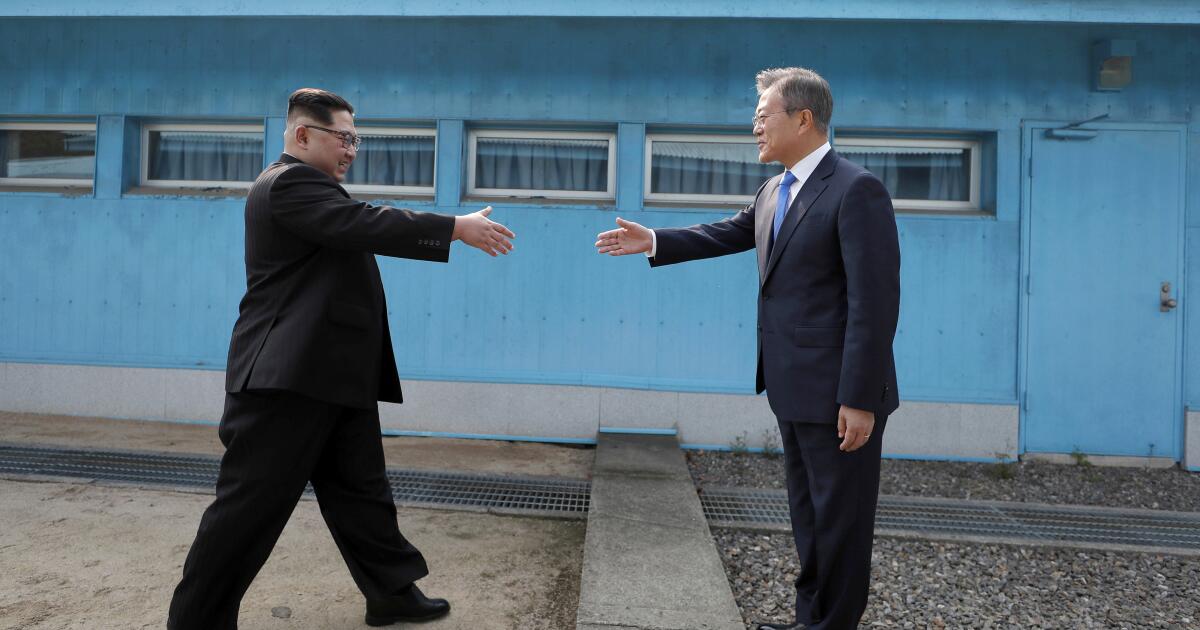France will go to the polls in July for a snap election, and opinion polls predict President Emmanuel Macron's party is trailing.
German Chancellor Olaf Scholz has said he is “concerned” about the prospect of a far-right victory in France's upcoming parliamentary elections.
President Emmanuel Macron's party is trailing less than two weeks before the first round of early elections he called in response to the far-right drubbing his party received in European polls.
Germany's far-right party Alternative for Germany (AfD) also made gains in this month's European Parliament elections, while Scholz's ruling coalition suffered.
“I am worried about the elections in France,” Scholz told public broadcaster ARD in an annual summer interview.
“And I hope that the games that are not [Marine] Le Pen, so to speak, has been successful in the elections. But that is for the French people to decide,” he added.
Widespread protests in France
Since President Macron called the election, thousands of people have marched in demonstrations across France against the far right.
On Saturday, purple-clad protesters marched from Place de la République in central Paris to Place de la Nation in the east, carrying signs with messages such as “Roll back the far right, not our rights.”
With the National Rally's (RN) electoral support at around 35 percent, protesters feel the need to emphasize the consequences of a far-right victory.
“We have to remind people that they are the ones who talked about 'comfort abortions,' the ones who are always attacking family planning services,” said Morgane Legras, a nuclear engineer and feminist activist who participated in the march of thousands of people. in Paris. she told AFP.
Other demonstrations took place in around 50 other cities in France.
The country's two-round electoral system makes it difficult to predict which party could ultimately claim a majority in the lower house of parliament, handing that party the position of prime minister, which is second in power after President Emmanuel Macron. .
Opinion polls have predicted that Macron's ruling alliance would come third in the June 30 legislative elections – followed by a second round on July 7 – behind Le Pen's far-right RN and a new left alliance.
The RN has gained unprecedented levels of support after a decades-long “demonization” campaign to distance its image from its roots, including a co-founder who was a member of the Nazi paramilitary group Waffen-SS.
But the core of RN's message remains hostility towards immigration, Islam and the European Union.

